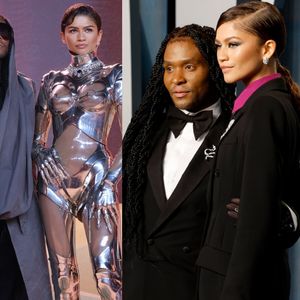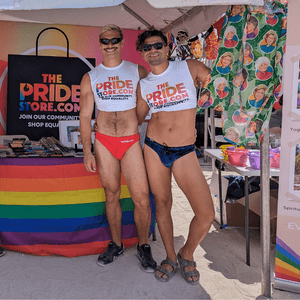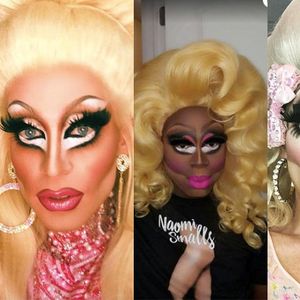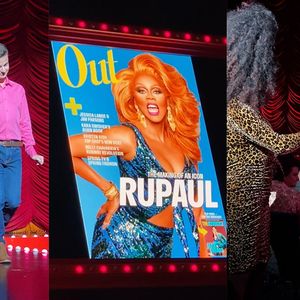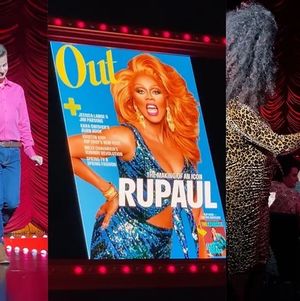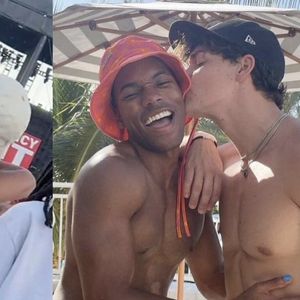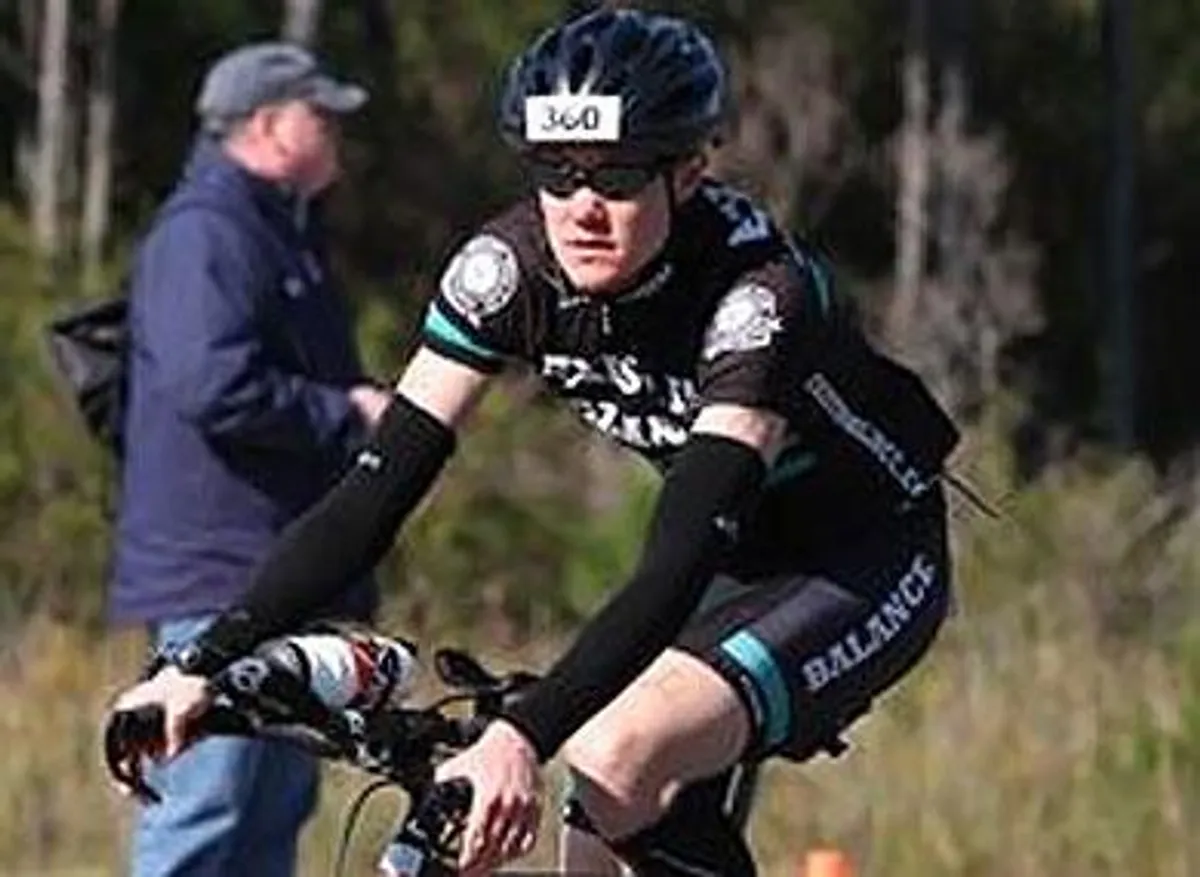
CONTACTStaffCAREER OPPORTUNITIESADVERTISE WITH USPRIVACY POLICYPRIVACY PREFERENCESTERMS OF USELEGAL NOTICE
© 2024 Pride Publishing Inc.
All Rights reserved
All Rights reserved
By continuing to use our site, you agree to our Private Policy and Terms of Use.
Being an athlete has always been a primary part of my identity. I love competing, being on a team, and experiencing the camaraderie that comes from interacting with other athletes. When I began to consider transitioning, I knew that choosing to be open about my gender identity would require that I negotiate my identity as an athlete. Living authentically as the person I know I am and continuing to be a competitive triathlete, runner, and cyclist were both important, so I am trying to do both.
Triathlon is an individual sport, but competitors are scored against others in the athlete's gender category and age group. Just thinking about standing at a starting line with a group of women as my competitive peers makes me uncomfortable. Competing as female didn't fit, but competing within the male category puts me at a severe competitive disadvantage against cis-gendered men who had a lifetime of hormonal influence to their body and muscle structure development. I am not an elite athlete by any means, but I was finishing in the top 20 in running races and triathlons, winning my category in my first triathlon, and placing as high as fifth early this year. But I would hesitate to share my results with anyone because my category of competition did not fit my identity.
On November 5, I competed in Ironman Florida, a triathlon consisting of a 2.4-mile swim, 112-mile bike, and 26.2-mile run. I was totally physically prepared for each of the three disciplines and the long day of ultra-endurance racing. I had been training about 18 hours a week, often two workouts a day, for six months, and had the specifics of my nutrition and hydration, pacing, and gear planned to the last detail. I did not, however, fully prepare for the challenges of being myself in such a gender-oriented system.
In general, the system of athletics is structured in a way that results in transgender athletes being excluded or discouraged from competing, or experiencing discomfort participating on athletics teams or in competitive events that use birth sex to categorize gender for competition.
As a trans guy, there was no real category for me to be competitive in at Ironman. Just finishing the 140.6-mile course is a feat, and fortunately was a great enough accomplishment to satisfy my competitive needs, but I miss the ability to compete against others.
Competing in a category more consistent with my gender identity also meant I did not have a chance to qualify for the World Championships in Kona, considered the ultimate achievement in the sport. In order to qualify, one needs to place in the top of their gendered age group category, usually within the first five to eight places. While that may have been a possibility at one point, the choice to transition significant reduced my chances.
The changing areas for athletes, ironically called "transition" in triathlon races, were large, open rooms separated by gender. There were no "gender-neutral" spaces or areas with any privacy. When I came running out of the water from the swim -- what I thought would be my greatest challenge of the day -- I found myself about to strip down completely in a room full of men. The clock was ticking; my best guess is that adrenaline got me through.
The issues I encountered are not just with Ironman-brand races, but in all races I've competed in as a triathlete, runner, and cyclist. They extend to gyms, rec centers, and LGBT leagues as well. Earlier this week I was denied entry to a gym where I play with Big Apple Dodgeball, an LGBT dodgeball league, because of a gender-related locker room issue. Even LGBT leagues are ill-prepared to adequately handle any variance in the extremely gendered world of sports.
So how then can transgender people continue to maintain their athletic identity? In a land of exceptions, special requests, and alternate accommodations, the common response is a request for the athlete to be patient and bear with the organization while it clarifies its stance or figures out its policies. Kye Allums living his life authentically is a huge wake-up call to leagues around the country, and with an increasing number of visible trans athletes negotiating their gender and sports identities, recent events should be a call to action.
There's no such thing as fair; inclusive will have to do.
Want more breaking equality news & trending entertainment stories?
Check out our NEW 24/7 streaming service: the Advocate Channel!
Download the Advocate Channel App for your mobile phone and your favorite streaming device!
From our Sponsors
Most Popular
Here Are Our 2024 Election Predictions. Will They Come True?
November 07 2023 1:46 PM
17 Celebs Who Are Out & Proud of Their Trans & Nonbinary Kids
November 30 2023 10:41 AM
Here Are the 15 Most LGBTQ-Friendly Cities in the U.S.
November 01 2023 5:09 PM
Which State Is the Queerest? These Are the States With the Most LGBTQ+ People
December 11 2023 10:00 AM
These 27 Senate Hearing Room Gay Sex Jokes Are Truly Exquisite
December 17 2023 3:33 PM
10 Cheeky and Homoerotic Photos From Bob Mizer's Nude Films
November 18 2023 10:05 PM
42 Flaming Hot Photos From 2024's Australian Firefighters Calendar
November 10 2023 6:08 PM
These Are the 5 States With the Smallest Percentage of LGBTQ+ People
December 13 2023 9:15 AM
Here are the 15 gayest travel destinations in the world: report
March 26 2024 9:23 AM
Watch Now: Advocate Channel
Trending Stories & News
For more news and videos on advocatechannel.com, click here.
Trending Stories & News
For more news and videos on advocatechannel.com, click here.
Latest Stories
Ohio court temporarily blocks ban on gender-affirming care for trans youth
April 16 2024 5:33 PM
How library workers are defending books, democracy, and queer lives
April 16 2024 4:38 PM

Pride
Yahoo FeedKentucky couldn't pass a single anti-LGBTQ+ bill this session — and it's not alone
April 16 2024 2:35 PM
West Virginia can’t ban transgender athletes says federal court
April 16 2024 2:32 PM




















































